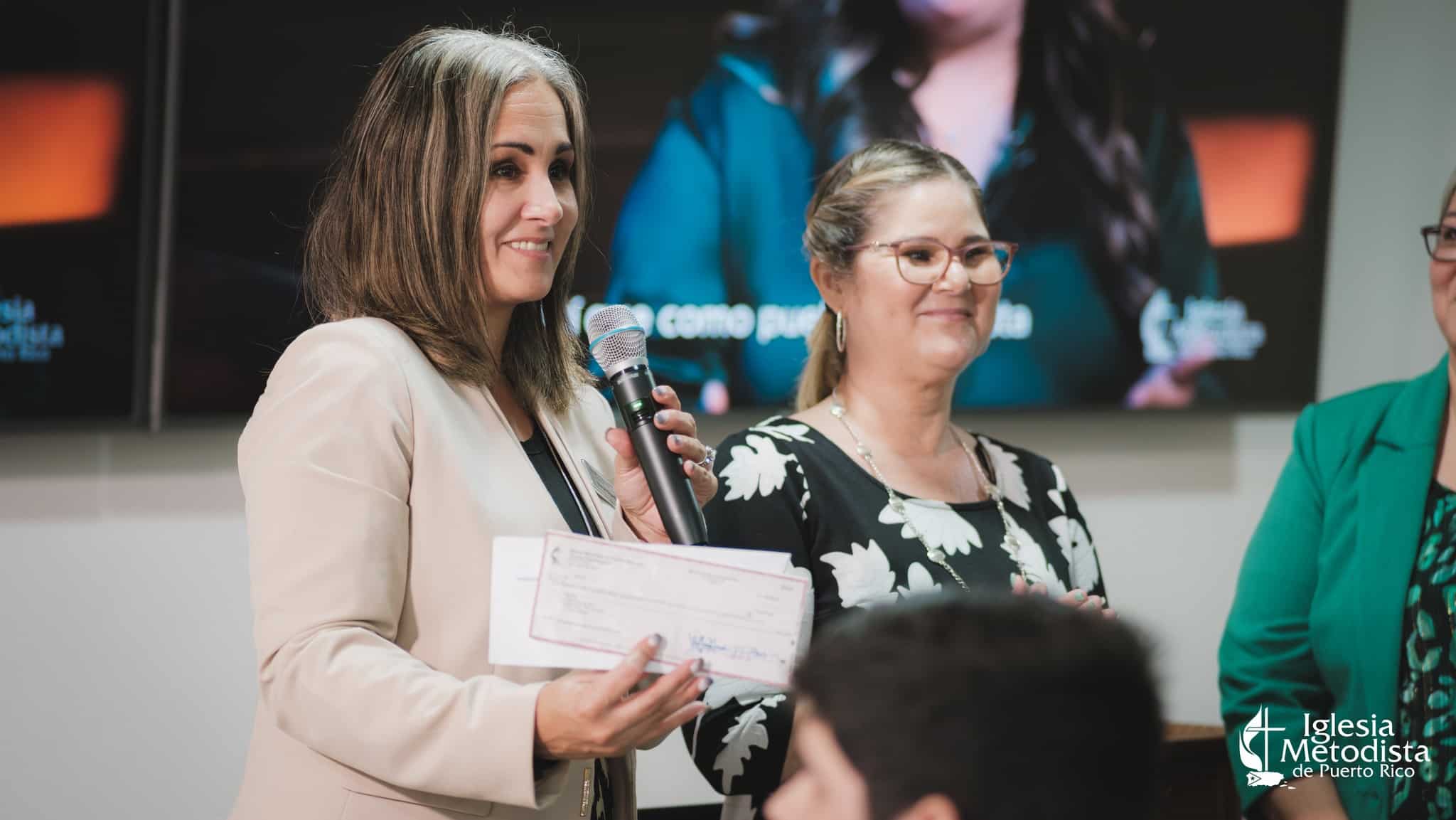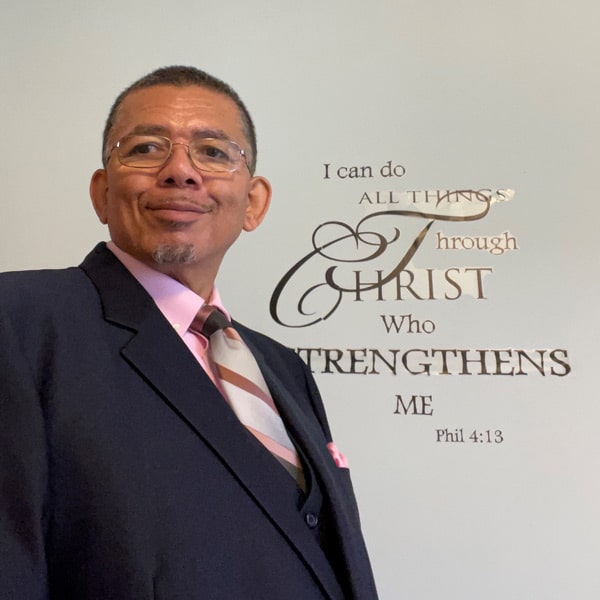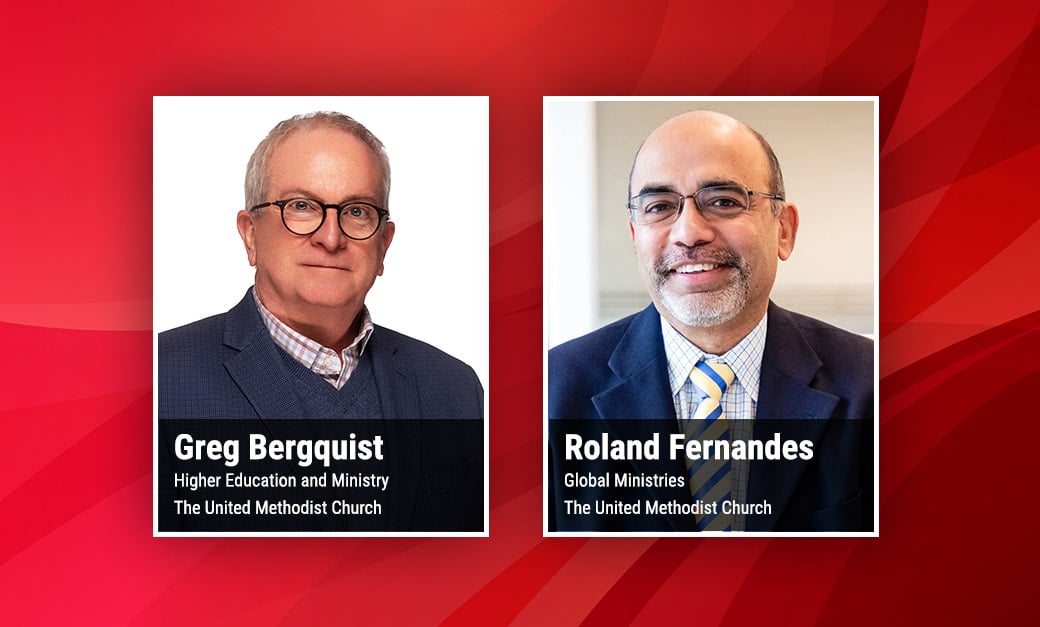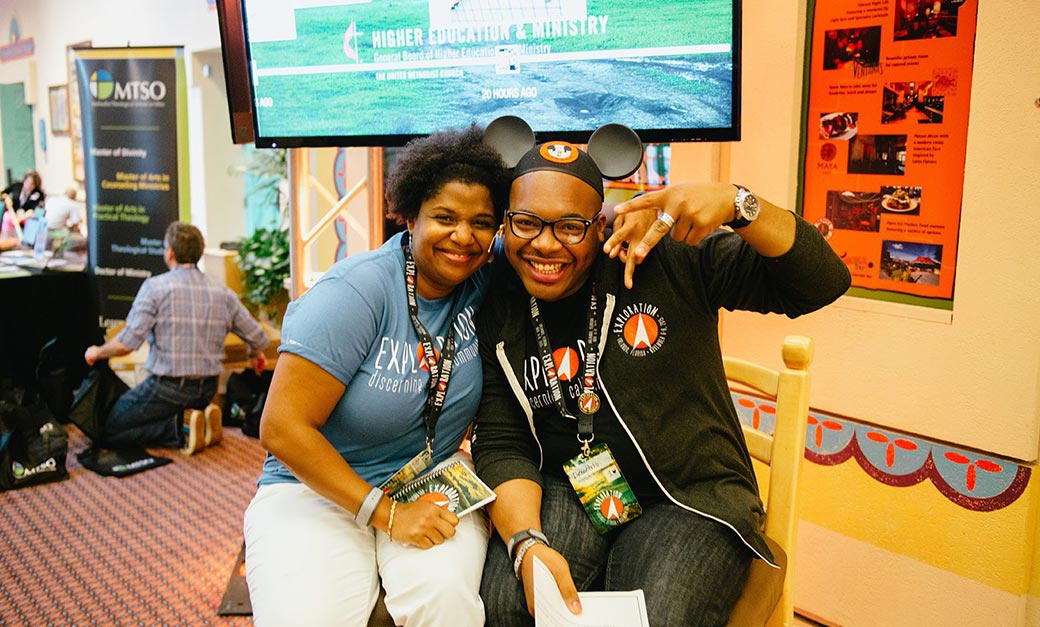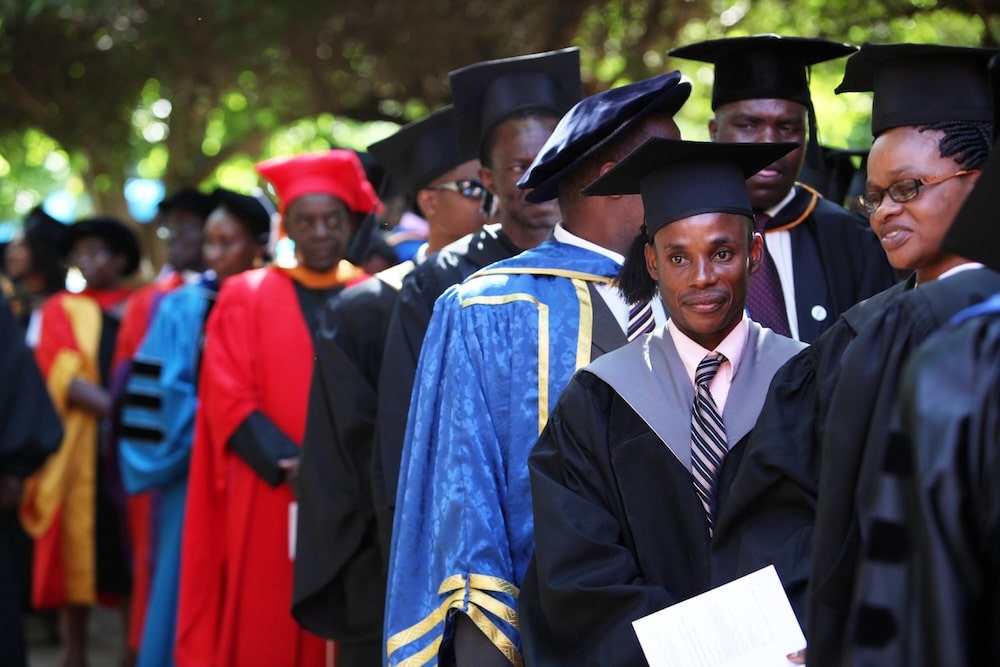Three Questions to Challenge – and One to Encourage – Your Answer to God’s Call

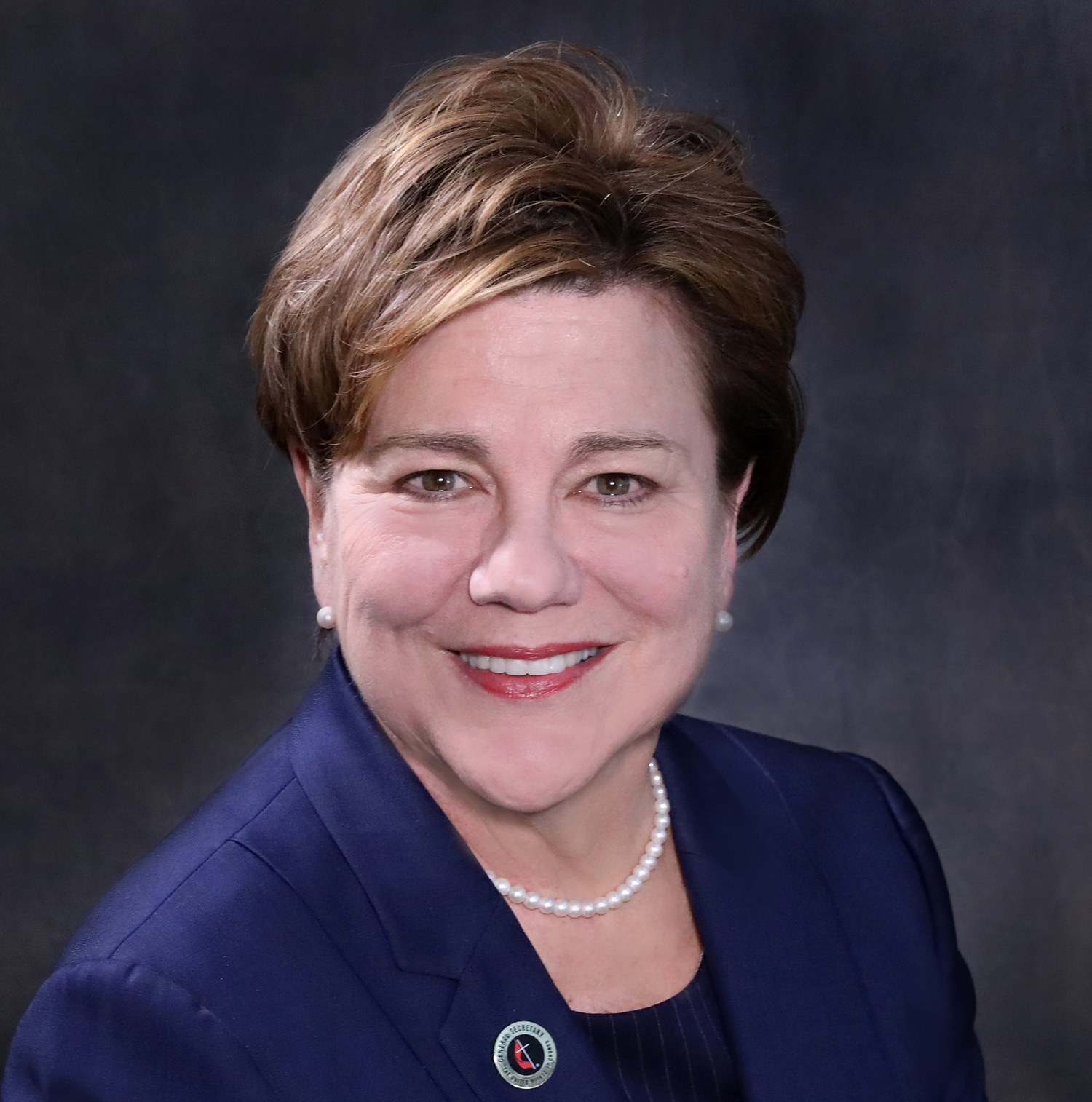
In his book, “Loving God with One’s Mind,” Thomas Trotter, former General Secretary of the General Board of Higher Education and Ministry (GBHEM) said, “There are many ways of loving God, some helpful, some problematic. Some love God with their selfless service to neighbor. Some love God by the diligent attention to the care of the things of God. Some love God by blindly following their partial views of God. Some love their views of God more than they love God. Some think loving God means hating those who love God differently. The problem in the world is not that the world is irreligious. It is excessively religious, but the religious spirit is cramped and angular and hostile to the widest angles of God’s love.”
I want to embolden you and ask you to confront some difficult questions as you answer God’s call in your life. Here are three versions of a challenging question – and one encouraging question – that do just that:
1. Is your God big enough for different contexts?
One of the biggest learnings of my life was in a Christian Social Ethics class at Perkins School of Theology. It was the Theory of Social Location. What that means is simply, “What you see depends on where you stand.” My social location is a 67-year-old white woman who grew up in small-town Texas. I see the world from that social location. You see the world from your context.
Our call, as we work out our salvation with fear and trembling, is to separate cultural conditioning from the truth of the Gospel. We have to be bigger than small-town Texas or large-city Manila in the Philippines. God loves the world, not only in Texas or the Philippines. What will suffice in a small village in Mozambique may not suffice in the big city of Nairobi, Kenya. It doesn’t mean one is better than the other. It’s just different.
2. Is your God big enough for interpretation?
“For God so loved the world…” (John 3:16 NRSV)
Familiarity must not lull us into complacency or cause us to overlook the power of this eloquent summary of the Gospel of Jesus Christ. I think it is the measure of us, of our individual faith and of our corporate faith and practice. I think it reminds us that whatever our concept of God, it is too small.
The genius of John Wesley and Methodism is how it has held the tension between law and grace, the sovereignty of God and human free will. Methodists hold together true knowledge and vital piety, head and heart. It did not just rain Bibles one day. Scripture has to be interpreted. Literalism is not the Methodist way. Scripture is not flat. Scripture, tradition, reason and experience is the Methodist way. Scripture is a jewel; it is multifaceted.
After thousands of years sending leaders with words, God knew, my people aren’t hearing my word, they are not getting it. In love with the world, and for the world, God gave his Son, a person. The Word made flesh. Our salvation comes in the person of Jesus Christ. It is in the person of Jesus we know God’s saving love. It is in the person of Jesus we know the way. It is in the person of Jesus we know the truth. It is in the person of Jesus we know the life abundant.
3. Is your God big enough for independent thought?
Jesus was both a student and a master of his tradition. He took the Shema, Deuteronomy 6:4-6, “You shall love the Lord your God with all your heart, and with all your soul, and with all your might.” (NRSV) And then, Jesus added “MIND.” He took his received tradition and made it bigger. Your finite mind cannot threaten the infinite God. There are no questions too big for God. You don’t have to let your fear stop you.
The Greek word that Jesus uses for mind is dianoia. Trotter says, “This is not having a high IQ, not acing college exams. It means coherence. It means love God by the way you put things together.” This is scary to some people. Scary to the Pharisees who thought they were smarter than everybody else. Scary to the Sadducees who loved to be right more than they loved God. Scary to the lawyers who would rather win an argument than know the truth. Do we fit any of these descriptions?
Intellectual love of God is not in style anywhere in the world. Certainly not in the U.S. where everything’s value is measured by money. Trotter says it is important to remember that Methodism was born in a university. Our founder, John Wesley, always referred to himself as a fellow of Lincoln College, not a pastor. He and the Methodist movement were products of the Enlightenment. A new way of looking at the world, where reason and experience became partners of scripture and tradition.
Ministry in a rapidly changing world like ours requires dianoia – loving God with one’s mind. Loving God with the way we put things together. Loving God with the way we put our world together in the name of the gospel.
4. Will you love God with your heart, your soul, your strength and your mind?
I leave you with this encouraging question.
I have a dream for you. That you will be messengers of the Grace of God. That you will lead people out of the darkness into the love of God in Jesus Christ.
Opening the boundaries of our minds requires love and imagination – and courage. Theology in our time will require loving God with our minds. And if we pursue truth long enough, and unflinchingly enough, we will fall at last into the arms of Christ.
Will you commit to serve a church that is big enough for the God who loves the world? I am praying you will.
Blessings,
Rev. Dr. Kim Cape
General Secretary
General Board of Higher Education and Ministry
The United Methodist Church
About GBHEM: As the leadership development agency of The United Methodist Church, the General Board of Higher Education and Ministry’s mission is to build capacity for United Methodist lay and clergy leaders to discover, claim and flourish in Christ’s calling in their lives, by creating connections and providing resources to aid in recruitment, education, professional development and spiritual formation. Every elder, deacon and licensed local pastor benefits from our training and candidacy programs. Many young adults find help in clarifying their vocation and God’s call in their lives through our leadership and discernment programs. Follow us on Twitter and Facebook: @GBHEM.
Related Posts
Each year the General Board of Higher Education and Ministry (GBHEM) awards approximately $5.5 million in scholarships to students all over the world thanks to the support of faithful members of The United Methodist Church. Through connectional giving, members of The United Methodist Church support specific funds, projects, and...
UMC Partnerships Help to Strengthen Theological Education What could a newlywed from Alabama and a grandfather of two living in Washington, D.C., possibly have in common? Well as seminary students striving towards their ministerial calling, they may have more in common than meets the eye. Both John Bruce and...
As we witness the Body of Christ in motion, we sense God’s power on earth and receive a taste of the Divine. Motivated by the same Spirit, people living in different parts of the world often work together unknowingly, not seeing how their combined contributions shift lives and the concentric...
